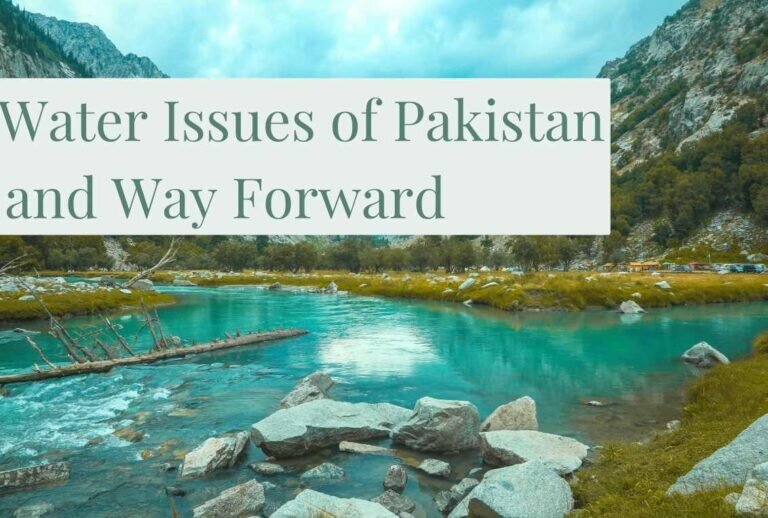India-Pakistan Relations and the UK
Due to a common history and contemporary reasons, Britain has been considerable and will be. Britain is certainly changing its effect on India-Pakistan relations. Britain’s conquest of India in the 18th century was a remarkable phenomenon. We are not unaware of this. A distant country made history after conquering a huge area-wise and population-wise country. After making its steps strong, Britain gradually spread its control all over the sub-continent. If we talk about the princely states, they arose mostly from the ruins of the Mughal Empire. After the independence war of 1857, Britain took formal control of the sub-continent. And sub-continent came under the direct control of Britain’s crown.
Pre-Partition Relations
The territorial conquest of Britain had been over when they became the formal ruler of the sub-continent. After that, only one annexation took place, of Upper Burma in 1886. In 1912, Delhi replaced Calcutta as the political capital of British India. And then Delhi stayed as the capital so far in independent India also.
In the 20th century, a world’s remarkable event happened, World War II. During this war sub-continent, people showed their different allegiances and activities. INC (Indian National Congress) started the Quit India movement against the British raj. Most of this party’s leaders were arrested. While the Muslim League party and Muhammad Ali Jinnah were with British people. Around 20 lac Indians fought this war including Muslims, Hindus, Sikhs, and Christians. The self-proclaimed Indian army of Subhas Chandra Bose obtained Japanese help against the British and its allies. But, unfortunately, destiny was not with Japan.
In 1947, Britain finally decided to divide the Punjab and Bengal provinces and emerge as two countries. Furthermore, they decided to integrate princely states also. The future of Kashmir became an unresolved source of violence between India and Pakistan. And, Britain couldn’t abate it.
Also Read: Climate Crisis in South Asia
Immediately Post-Partition Relations
After 1947, immediate non-partisan behavior was seen in both India and Pakistan. However, some outspoken individuals and groups were openly in favor. Either they were favoring India or Pakistan. Meanwhile, on the Kashmir issue, Britain showed its alliance with the USA, intermittently. Till the early 1950s, the United Kingdom had been the sole provider of weapons, a principal trader, and an investor.
In these years, the British presumed that they could solve the Kashmir issue. it is because they thought they had relevant knowledge and experience. Such an attitude of the UK sustained for 10 to 15 years. From 1949, it was obvious that India didn’t want to resolve the Kashmir problem in the UN. Moreover, India, with the British government agreement obviously, refused to discuss Kashmir in commonwealth prime minister’s meetings.

India-Pakistan Relations with the UK and Kashmir
In the late 1950s, in January 1957, Pakistan brought back the Kashmir issue to the UN, in the hope of resolve. Its result was seen in India’s statements against Britain. Indians considered it Britain’s anti-India indication. Pakistan went back to the UN because the Indian government announced a new constitution adopted by the constituent assembly of Jammu-Kashmir.
In the security council, Britain, and the United States sponsored a resolution. They stated that this issue could be abated by the free and fair plebiscite. Pakistan asked for a temporary UN force in Kashmir. Britain supported Pakistan’stance. It thus seemed that Anglo-American relations with South Asia could be possible only if they could resolve the Kashmir dispute.
In India’s many disputes with Pakistan, Britain’s response affected both British-Pakistan and Indo-British relations. It continued till 1972. The cold war also affected India and Pakistan too much extent. In the 1971 war of India-Pakistan, India defeated Pakistan. This victory transformed the power of balance of South Asia in India’s favor. In 1972, the Shimla agreement took place. Following this agreement, for almost 15 years the United Kingdom didn’t intervene in any conflict between India and Pakistan, especially over Kashmir.
Also Read: Was Partition of British India even Fair?
lThe Last three Decades of the 20th Century
In the late 1970s and the 1980s Kashmiris started to migrate toward Britain. This made the Kashmir issue more complex. At that time, Britain’s politics also became involved in this. Earlier in the 1940s and 1980s, British Parliament members were only confined to speeches to talk about their service in an administrative capacity. Furthermore, they could talk about only serving in a military capacity. But, then in the 1980s and 1990s, it was a fact that the sub-continent origin people started living in their constituency.
Since the 1980s and the early 1990s, all successive Indian governments made it crystal clear that they did;t want anyone’s intervention. Whether it was by the OIC (Organization of Islamic Conference), NAM (Non-Aligned Movement), the UN, or the Commonwealth. According to India, the only relevant document on the Kashmir issue was the Shimla Agreement of 1972.
Since the 1990s and earlier, the British government stressed that this issue could be settled only by peaceful agreement. Furthermore, this agreement between India and Pakistan should be in keeping with the 1972 Shimla Agreement terms.
Contemporary situation
Currently, the official British position states that both sides should be able to reach a peaceful settlement. Moreover, Britain is ready to help resolve the issue. It can do in one scenario if both sides are willing to do so. Meanwhile, Britain maintains regular dialogue with both the Pakistani and Indian governments. Britain continues to express its concern about the violence in Kashmir. Furthermore, it condemns the violence from either side.
Today, the British government is not directly involved in the Kashmir issue. If it tries to intervene, it finds it difficult to bring India and Pakistan on the same page. Spokespersons in New Delhi and Islamabad also don’t want neutrality. Both want partisanship on their sides.
For today, and even in the future, Britain wants to see the Kashmir issue be resolved peacefully. But, all scenarios indicate that it is impossible to resolve this issue.
Also Read: Download CSS Books for GSA







